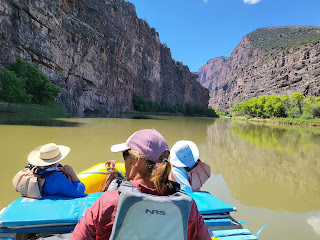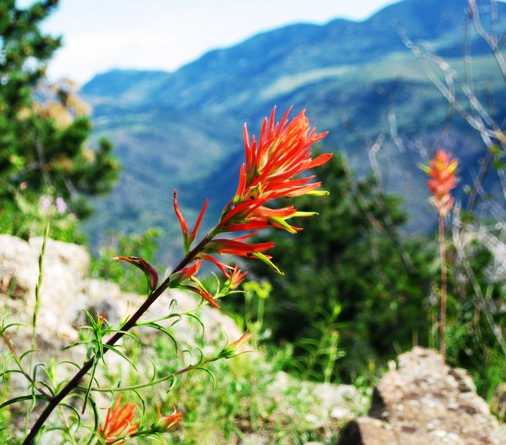With Love, from Grandpa Loren

On the Vernal Equinox in 1905, thirty-two years after Jules Verne wrote Around the World in 80 Days, the 77-year-old French writer would die. He is revered even now as the Father of Science Fiction. On the Vernal Equinox in 1997, my own father Loren Dunton, known as the Father of Financial Planning, would die from a blood thinner expected to save him, but which caused a massive brain hemorrage that would kill him. Both men lived remarkable lives, and today I celebrate their memories. When my father was 77, he sent my son a copy of Jules Verne’s Classic Science Fiction. “To Matt,” he inscribed, “with love from Grandpa Loren, San Francisco.” At the time, I wondered why my father would be sending our son, who was only nine, a 511-page book. At first the gift seemed thoughtless, but then, as I wrote an essay about it for my memoir In Search of Kinship , I grew to understand the reason. This story may already be familiar to some of you. “Sixty-five years and a thousand miles separate...






